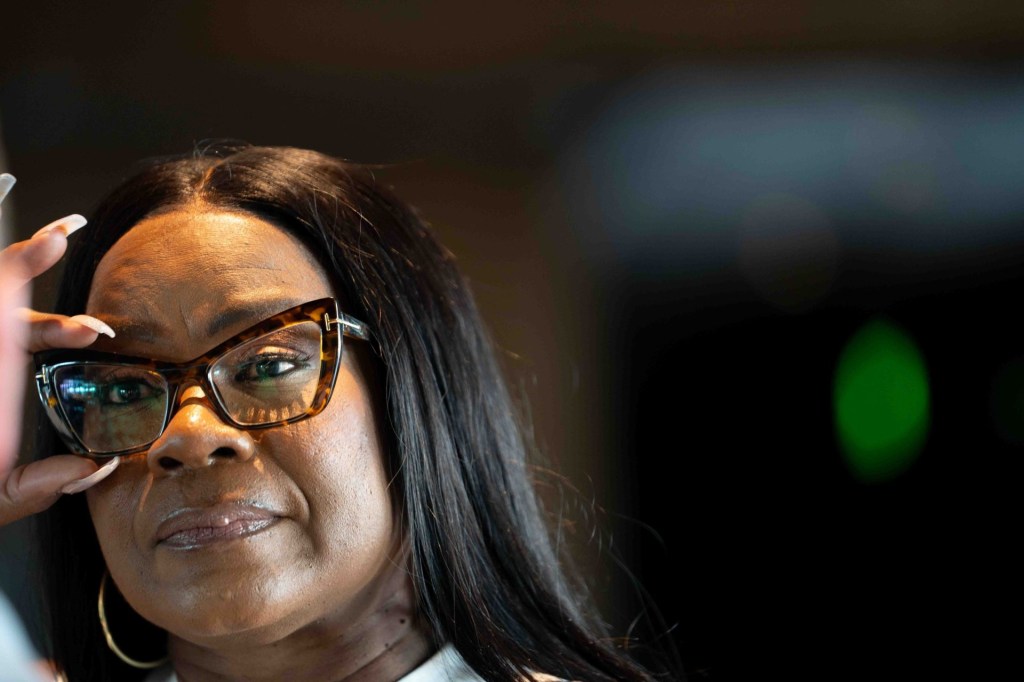
The business of sports sponsorship is an ever-growing, dynamic sector of the industry that can usually be found in a state of flux and consistent evolution. Many policies, industry trends, and best practices change at a moment’s notice as sponsors look to stay ahead of the curve and separate themselves from the pack.
With all of the moving pieces in play, it can be difficult to implement wide-sweeping changes across the sports landscape.
Enter the International Sponsor Council. The world’s only trade association for sponsors, the ISC is a multi-faceted platform that serves to enact advocacy and best practice throughout the industry. CEO and Chief Sustainability Engineer Terry Cecil highlighted the many areas of focus that the ISC works to improve upon.
SEE MORE: Exploring Fan Experience Trends and Opportunities
“One of the biggest issues we are looking to improve within the sports industry is ensuring corporate sustainability commitments are protected,” said Cecil. “It’s critical to limit brand reputational risks, but will also create relevancy between sponsors and fans, athletes and other stakeholders based on the sponsor’s values.”
The International Sponsor Council can tie sustainability and its three pillars to most issues facing the industry. Justifying a return on objectives (ROO) is a focus for the economic pillar of sustainability. Athlete health, security and safety, transparency, gender equality and preventing corruption are all integral to the social pillar. The considerable impact that events have on the local hosting area and planet as a whole is covered by sustainability’s environmental pillar.
The ISC represents sponsors who are its core members, but works with many different organizations across multiple areas of sports sponsorship. Cecil states that with the many issues going on with the sports sponsorship industry, a crucial step towards creating real change is collective collaboration. The industry has to acknowledge the importance of committing to being sustainably-driven to help evoke long-term solutions.
SEE MORE: Inside The Athletic’s Live Event Strategy
“Corporations are the world’s leading practitioners of sustainability based on their operations and massive footprint,” said Cecil. “The ISC works to educate the industry on the importance of corporate sustainability and how to match those commitments.”
Members of the ISC include AT&T, Anheuser-Busch InBev, The Coca-Cola Company, Mastercard, Panasonic, Sony, and VISA among others. In representing the collective interests of these multi-national corporations, the ISC works to raise the efficiency of the industry based on sponsor needs.
The ISC juggles a handful of key issues throughout the industry. One of the constant themes that appears every day within the sports world is the consistent need for improving athletic health, both during an athlete’s career and after it.
“One prevalent issue that has been on the forefront of the International Sponsor Council’s efforts is athlete health and particularly athlete brain health,” said Cecil. “Fiduciary responsibility for corporations has shifted from just shareholders to a broadened focus on stakeholders and athletes. It has been shown that athletes are very important stakeholders as they are more business savvy than ever. Without athletes, you obviously do not have sport sponsorship.”
[mc4wp_form id=”8260″]
With the athletes continuing to be on the forefront within business decisions, the corporate partners involved become increasingly important to creating viable change. The ISC utilizes partner connections to pull and utilize valuable resources to help benefit the industry.
“Within the social pillar, health and wellness is critical and sponsors have a responsibility to ensure the health and wellness of athletes is a priority. This is especially true with athlete brain health as we are seeing in issues involving concussions, CTE, headaches, and other TBI and diseases. The ISC and sponsors are working with the American Brain Foundation on research and industry guidelines to ensure athletes are protected especially young athletes.
“Our position is not that sponsors should avoid partnering with sports, but we need to be responsible. It makes you wonder, ‘How can anyone trust a brand that seems to ignore the dangers and long-term effects of an activity those very sponsors are leveraging?'”
While there are many immediate responsibilities that the ISC currently holds on a day-to-day basis, the organization is constantly looking at how it can implement policies across a large-scale, long-term basis. While an athlete’s health can be defined as an issue that is a challenge at the top levels of the game, there are other factors at work that make it something to monitor across all ages.
“We are looking at massive transformational trends in sports now including sports betting and esports, which could have a positive and negative impact,” said Cecil. “For instance, one issue that can shape the future of football involves the fact that there are states saying they do not want to introduce tackle football until high school. We have a problem on our hands that will be very disruptive to sport as we know it.”
These short-term and long-term issues force sponsors to take a larger perspective on the activities that they are involved in. By stepping back and looking at how their activity impacts the industry as a whole, real, genuine change can occur.
[mc4wp_form id=”8260″]
To make an impact through collaboration, the ISC is holding its SponsorCamp conference this December in Los Angeles, which will cover these issues through the eyes of sponsors.
The ISC is at the forefront of many of today’s leading sports issues. With its ability to keep sponsors involved in the collaborative process, the sports world of the future seems a whole lot brighter and more connected than we believe.

![[Subscription Customers Only] Jul 13, 2025; East Rutherford, New Jersey, USA; Chelsea FC midfielder Cole Palmer (10) celebrates winning the final of the 2025 FIFA Club World Cup at MetLife Stadium](https://frontofficesports.com/wp-content/uploads/2026/02/USATSI_26636703-scaled-e1770932227605.jpg?quality=100&w=1024)















